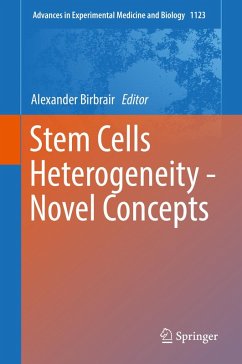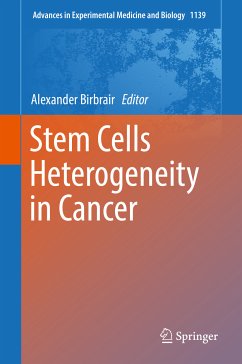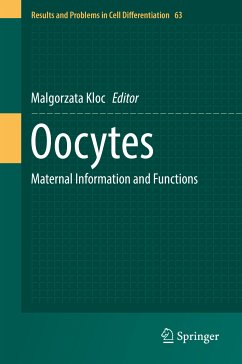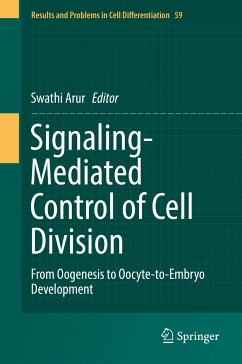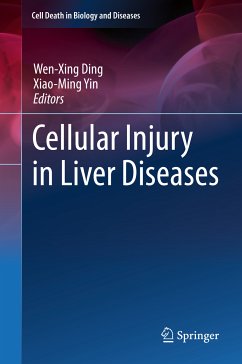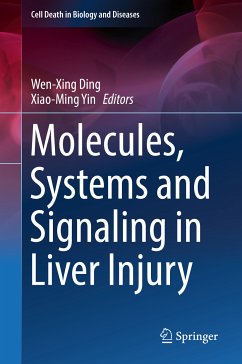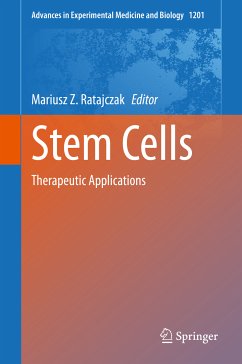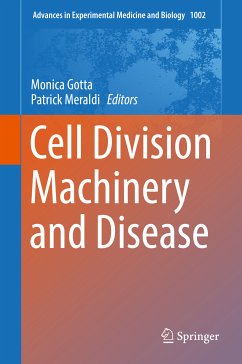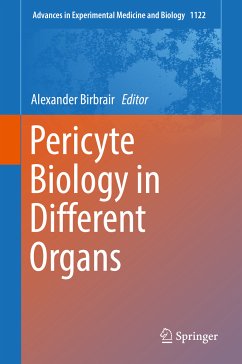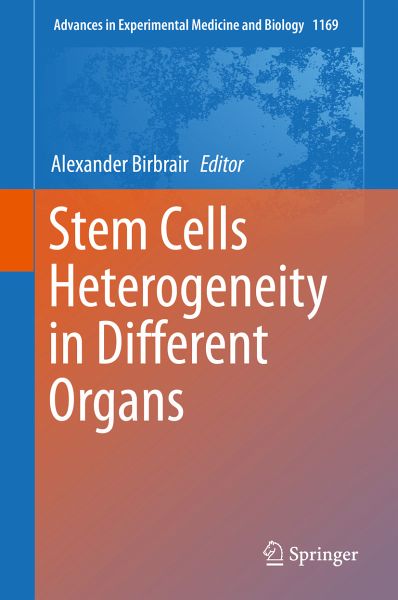
Stem Cells Heterogeneity in Different Organs (eBook, PDF)
Versandkostenfrei!
Sofort per Download lieferbar
96,95 €
inkl. MwSt.
Weitere Ausgaben:

PAYBACK Punkte
48 °P sammeln!
This book presents a comprehensive discussion on the heterogeneity existing between different types of stem cells within the same tissue. As the functions of these stem cells vary, this is very important for the application of stem cells in cell therapy. This book describes the many recent developments that have revealed completely different roles of distinct stem cells within the same organ. Stem Cells Heterogeneity in Different Organs provides a timely update on the current information on stem cells heterogeneity in various tissues. It also provides a solid foundation of the history of stem...
This book presents a comprehensive discussion on the heterogeneity existing between different types of stem cells within the same tissue. As the functions of these stem cells vary, this is very important for the application of stem cells in cell therapy. This book describes the many recent developments that have revealed completely different roles of distinct stem cells within the same organ.
Stem Cells Heterogeneity in Different Organs provides a timely update on the current information on stem cells heterogeneity in various tissues. It also provides a solid foundation of the history of stem cells from specific tissues and the current applications of this knowledge in regenerative medicine. Taken with its companion volumes, Stem Cells Heterogeneity: Novel Concepts and Stem Cells Heterogeneity in Cancer, this book is essential reading for advanced cell biology students as well as researchers and clinicians working with stem cells.
Dieser Download kann aus rechtlichen Gründen nur mit Rechnungsadresse in A, B, BG, CY, CZ, D, DK, EW, E, FIN, F, GR, HR, H, IRL, I, LT, L, LR, M, NL, PL, P, R, S, SLO, SK ausgeliefert werden.



